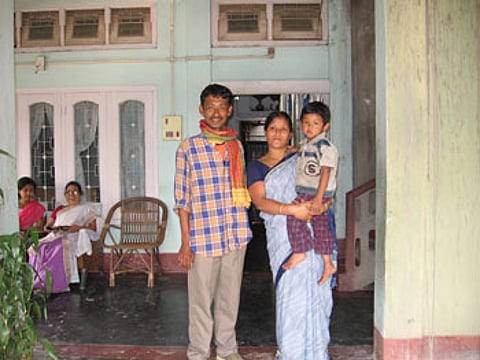‘Milakpani te ahibo, sopna te dekhibo’
Usually, legends have a larger-than-life aura around them. They are masters of all they survey. While this may be the general trajectory, it does not explain how legends are born (and killed) in small towns in far-off places like Assam. Nilikesh Gogoi was a coal trader, a poet, a farmer, a collectivist, an oral historian and a man who resolved conflicts that arose between hill people and authorities. He was, in short, a local legend.
On 23 January 2007, Nilikesh and his two of his business associates were returning from a trip to the hills that border Gelekey in upper Assam. On the way, they overtook a slow-moving jeep manned by Central Industrial Security Force (CISF) personnel. Just when they were about to clear the vehicle in front on them, they were shot at. Nilikesh Gogoi and his pillion rider, Bholu Gogoi, died instantly, but their companion, Arup Saikia, survived the shooting. The fact that the CISF troops felt empowered enough to take these lives in this manner – and expected to get away with it – is a statement about the tragedies that unfold under the Government of India's current security policy for the Northeast.

